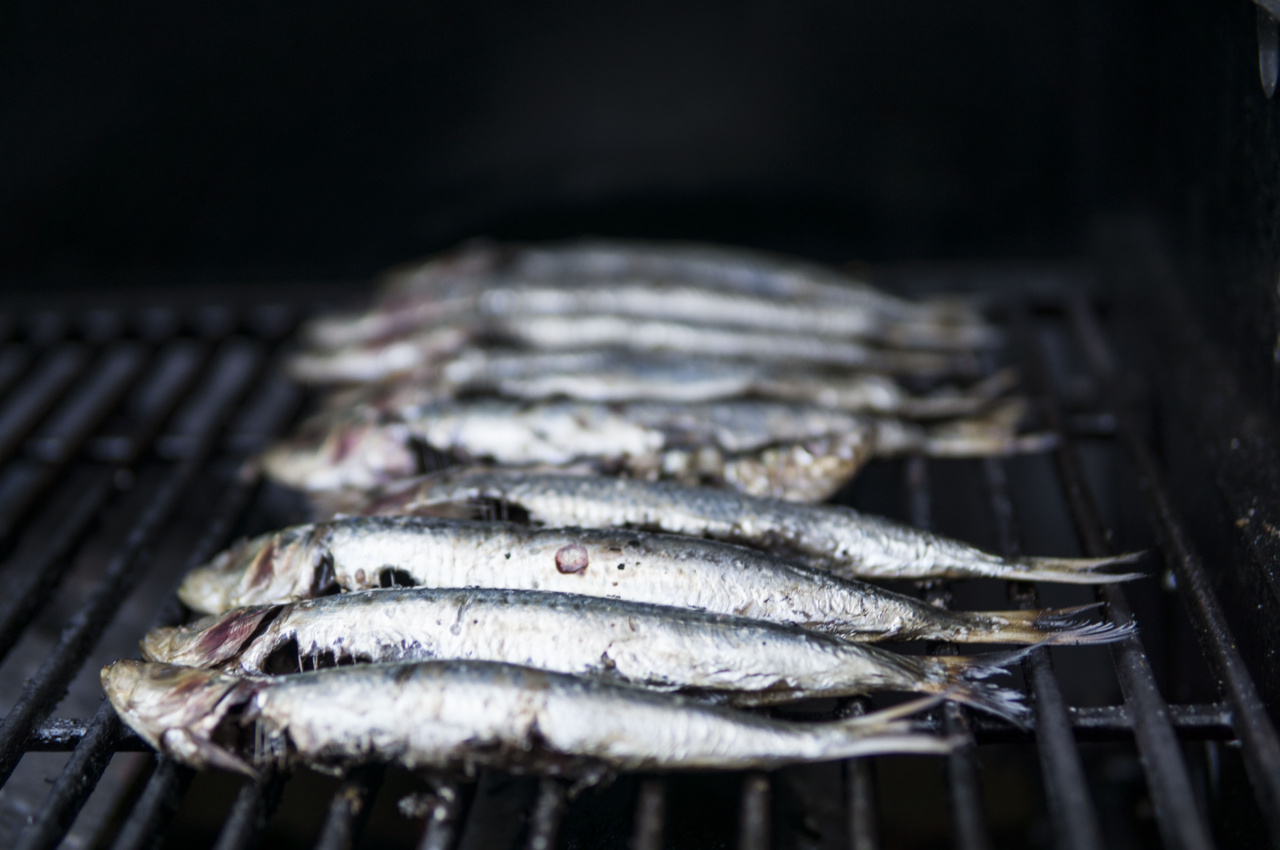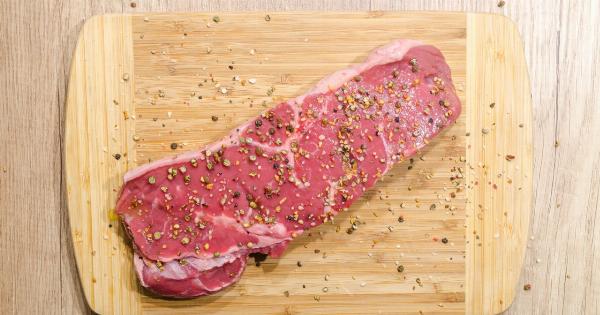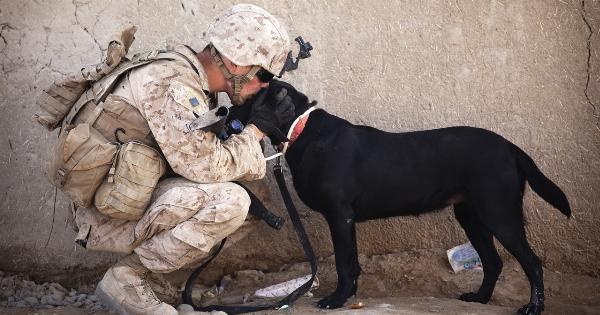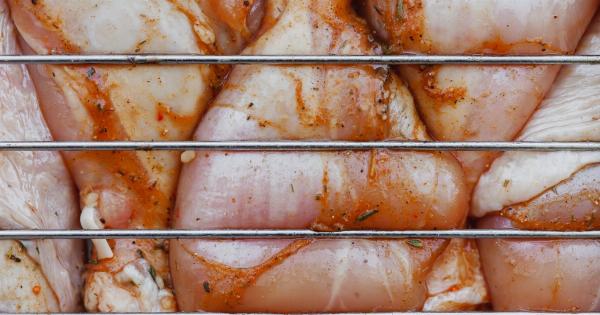Dogs are wonderful companions, providing us with unconditional love and endless joy. However, just like humans, dogs can suffer from various health issues, one of them being bacterial outbreaks.
These outbreaks can be caused by a myriad of factors, but one culprit that often goes unnoticed is raw meat.
The Rising Popularity of Raw Meat Diets for Dogs
In recent years, raw meat diets, also known as “biologically appropriate raw food” (BARF) diets, have gained significant popularity among dog owners.
Proponents of these diets argue that they mimic the natural diet of dogs’ wild ancestors, claiming that it improves their overall health and wellbeing. These diets typically consist of raw meat, bones, fruits, vegetables, and sometimes organs.
While anecdotal evidence indicates that some dogs thrive on raw meat diets, there are also risks associated with feeding dogs uncooked meat. The potential for bacterial contamination is a significant concern that cannot be overlooked.
The Dangers of Raw Meat
Raw meat, particularly poultry and beef, can be contaminated with various harmful bacteria, including Salmonella, Escherichia coli (E. coli), and Campylobacter. These bacteria can pose serious health risks to both dogs and humans.
Dogs are generally more resistant to certain bacteria compared to humans, but they can still become sick from consuming contaminated raw meat. Symptoms of bacterial infections in dogs include vomiting, diarrhea, lethargy, fever, and dehydration.
In severe cases, these infections can even be fatal.
Dogs as Potential Carriers of Bacterial Infections
Even if your dog shows no signs of sickness after consuming raw meat contaminated with bacteria, they can still become carriers of these pathogens.
Infected dogs can shed bacteria in their feces, posing a risk to their human caregivers and other animals in the household.
It is crucial to note that young puppies, senior dogs, and dogs with weakened immune systems are particularly vulnerable to these bacterial infections.
Therefore, it is essential to take extra precautions when handling raw meat and to be aware of the potential dangers it poses.
Preventing Bacterial Outbreaks
While raw meat may be a source of bacterial outbreaks in dogs, there are measures that dog owners can take to minimize the risks:.
1. Practice Proper Food Handling
When handling raw meat, it is crucial to follow food safety guidelines to prevent cross-contamination.
This includes washing your hands thoroughly before and after handling raw meat, keeping raw meat separate from other food items, and disinfecting any surfaces or utensils that come into contact with raw meat.
2. Use Trusted Suppliers
When opting for a raw meat diet for your dog, it is essential to ensure the meat comes from a trusted source. Look for suppliers that follow strict quality control measures and prioritize food safety.
3. Properly Store and Thaw Raw Meat
Raw meat should be stored in a separate section of the refrigerator to prevent cross-contamination with other food items.
When thawing frozen raw meat, it is recommended to do so in the refrigerator rather than at room temperature to avoid bacterial growth.
4. Cook Certain Meats
Certain meats, such as pork and poultry, can carry higher risks of bacterial contamination. To eliminate these risks, consider cooking these meats thoroughly before feeding them to your dog.
5. Regularly Clean and Sanitize Food Bowls and Utensils
Food bowls, utensils, and cutting boards used for raw meat should be cleaned and sanitized thoroughly after each use.
6. Monitor Your Dog’s Health
Regularly monitor your dog’s health and consult a veterinarian if you notice any signs of digestive issues or bacterial infections. Early detection and treatment can significantly improve the prognosis for your dog.
The Controversy Surrounding Raw Meat Diets
Despite the growing popularity of raw meat diets for dogs, they remain a topic of controversy among veterinarians and pet nutritionists.
Many professionals argue that there is insufficient scientific evidence to support the claimed benefits of these diets. They highlight the potential risks, such as bacterial outbreaks, nutritional imbalances, and a higher likelihood of fractured teeth or choking on bones.
Before deciding to switch your dog to a raw meat diet or any diet, it is crucial to consult with a qualified veterinarian who can provide personalized advice based on your dog’s specific needs and health condition.
The Bottom Line
Raw meat diets for dogs may have their proponents, but it is essential to consider the potential risks they pose. Bacterial outbreaks can occur when dogs consume contaminated raw meat, leading to serious health issues.
By following proper food handling practices, using trusted suppliers, and monitoring your dog’s health, you can minimize the risks associated with raw meat diets.
Remember, your dog’s wellbeing is paramount. Always prioritize their health and consult with professionals to make informed decisions about their diet and overall care.





























